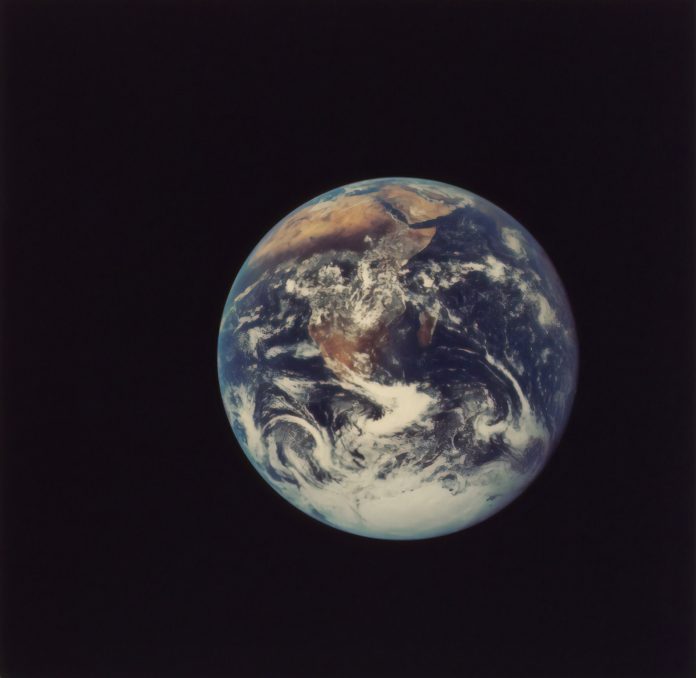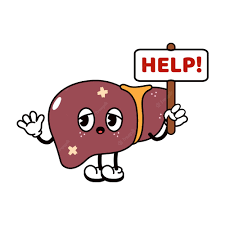Photo by The New York Public Library
The question in the headline is quite relevant to us older boomers (those born before 1950 or so), sixty plus million of whom, now in their 70’s, are likely entering the last stage of their (our) lives.
Most of us want our existence to have counted for something–and how we have treated/helped others rises to the top of most peoples’ lists as verification of such “counting.”
Not all of us, of course, have led lives that have allowed for a plethora of charitable or arguably selfless acts–and those who have been or become poor or disabled at an advanced age may be in no position to give much more. But the boomer generation in democracies such as the United States has been one of the wealthiest the world has ever known.
In my own, case, I had middle class parents who lived through the Great Depression but strived for years to accumulate assets that they could partly disburse to their children and grandchildren. Which they did, in both my current wife’s and my case. No one could have ever called them selfish. Their lives counted–for themselves and for their offspring.
Despite a checkered career in fairly low paying journalistic pursuits and a failed marriage of ten years, my middle years have been relatively prosperous as my second marriage was to a fine boomer woman who was intrinsically a hard worker. We formed quite a team which culminated in starting and running a bed and breakfast in an idyllic touristy locale that has lasted 15 plus years. Our marriage has been a great success by all the measures and we certainly do count our blessings.
But while we are readying to disburse our assets to our children and grandchildren via a Living Trust, we are aware that financial assistance is only one way we are “leaving this world better off than when we were in it.” Here’s two others:
Making a Time Commitment
Benificence outside of direct monetary or property assistance is or should be held up as possibly the most admirable (and substantive?) This applies to your relationship with family members but, if you have few or none, to others in your periphery.
Time is valuable any way you look at it, and from the point of view of having a limited amount of it (being older boomers), spending IT (vs. spending dollars) should count for plenty. We prioritize our time to see children and grandchildren on birthdays, holidays etc. but also as there is a need just to “check in” regularly to their lives. During the recent pandemic in which some jobs among family members were lost or put on hold we have tried to be there to help.
The same time commitment goes for our relationships with friends in our community–also mostly older boomers (or even older). Through our activities in a tennis club and dance club we have become aware of needs members have that we can help with. Most are quite independent minded and relatively well off but no one wants to lead a solitary life. So we have traveled with some of them, helped with shopping, advised about “assisted living” (an area of some expertise) etc. We live in a drought- prone part of California and I devised a rainwater harvesting system for our house and led free workshops for neighbors. (Water is the most expensive utility in our town and I demonstrated how it could be captured almost “free.”).
Volunteering
No one is ever compelled to volunteer but, having time on our hands, many seniors feel motivated or even impelled to do it at times. In fact, our community rather thrives on volunteers. Various agencies and organizations (such as the aforementioned dance club which runs out of a non-profit recreation center) are constantly in need of bodies (and minds!) My wife and I served as co-presidents of our Couples Dance Club one year when there was a definite need. I was on the board of the tennis club.
Homelessness is a hot button issue for me as I once experienced it. In fact, I met my wife while living in a small office I rented while starting a business. How I became homeless was rather scandalous but how ANYONE becomes homeless is a true tragedy regardless–whether brought on by oneself or by unseen events. The irony is that I once worked (on staff) for an agency that helped the homeless in Los Angeles. So when I heard about an informal organization trying to become a non-profit to assist homeless people start a small village in a town near my wife’s and mine, I got involved. I spent no more than a year helping Hopes Village but ultimately the founders were quite appreciative. (And they have been going now over ten years).
(Also, my wife and I once housed a middle aged homeless man ourselves. It wasn’t entirely charitable as he was part-time employed and could pay some rent, but we helped him in a myriad of ways until he decided to leave us. A church had recommended him initially).
If your question is, where should I volunteer? That’s easily answered. Choose an organization you are either associated with or wish to be. Offer your services whatever they might be. There will certainly be a “job” for you. If it’s not suitable, you can always graciously resign.
Giving Financial Assistance
While, as I suggested, spending money may be less “admirable” than spending time and personal energy to make others’ lives better, there are so many organizations that need your help you shouldn’t have to look far. Go to charitynavigator.org to vet them. If the organizations are local and you hear they need donations (for a specific program or need), start there. Most people give to causes they have become familiar with over the years, but may not have had the funds available for at a younger age.
Of course giving money to charitable institutions will help leave the world better off than when you were in it. If it gives you satisfaction, fine. If you feel that your heirs are not completely deserving of support, especially if you are at such an age that you need regular assistance from them and it is not, in your opinion, forthcoming enough, do be cautious about making such judgments as they could come back to haunt you, later. (In our case, we have been helping financially here and there, and have no reason to believe they will change their behaviors toward us.)
Living Lightly
This is just my opinion but shared by quite a few. We human beings have had a marked impact on the world’s remaining species. We are living in what’s called the anthropocene, the “sixth great extinction,” and it’s caused mostly by us. Climate change, habitat destruction and pollution in general are all fast occurring.
I’ve TRIED to live as lightly on the planet as possible, and since the topic of this essay is making the WORLD better off, then we have an obligation to start wherever we are in life by reducing our negative impacts–by recycling, reducing potable water use, and limiting the use of fossil fuels. (We bought an electric car and maintain forested open space on our 1/3 acre property which attracts wildlife of all kinds).
End of sermon…


























